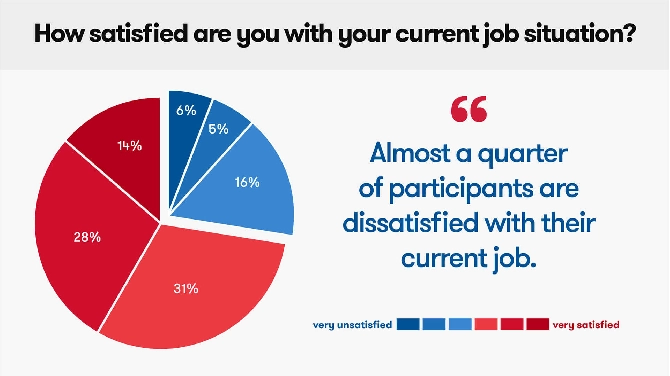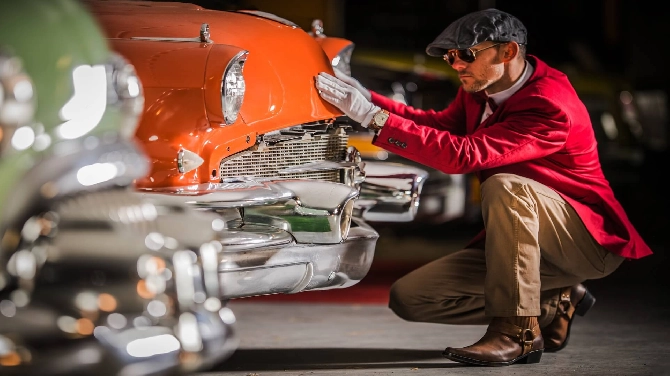
Top Tips for Buying a Commercial Vehicle
Many small businesses and self-employed people need a vehicle for work purposes, so Martin Cariven, Field Sales Manager, Moneybarn, has put together his top considerations, including tax and VAT considerations, weight limits for LCVs ways to check the condition of the vehicle.
When choosing a commercial vehicle, it’s important you give your decision careful consideration, as different needs, budgets and features means finding the right option can be confusing.
So, to make choosing the right vehicle easier, we’ve put together a helpful guide on what to consider…
Size Matters
Any search for a commercial vehicle should start with working out how heavy potential loads will be. If possible, it’s worth weighing your current vehicle with everything inside to establish a baseline.
To find out how much the van is allowed to carry, you need two things:
The van’s Gross Vehicle Weight (GVW)
The van’s kerb weight
When you’ve found these out, subtract the kerb weight from the GVW to find the maximum weight your van is allowed to carry.
Almost half of van drivers – around 1.2m on UK roads – are working overloaded. If you are found to be overloaded, you could face court summons and your vehicle impounded. If you’re involved in an accident, you’ll also invalidate your insurance, so buying the right size van for your needs is essential.
Consider the benefits
If you’re using your van for ‘insignificant private use’, then you won’t have to pay any tax at all.
That’s because HMRC classes the van as having no Benefit-in-Kind (BiK), so it’s not seen as a taxable perk. However, if you also use your van for ‘private usage’ you’ll have to pay BiK company van tax, according to your income.
LCVs can reclaim substantial amounts of VAT as long as your business is VAT registered. The amount of reclaimable VAT depends on how much of the mileage is for business. For example, if you use the van for business 50% of the time, 50% of VAT is reclaimable.
New or used?
A new van can lose £14,000 and £15,000 through depreciation in the first three years alone.
Although buying a brand-new van seems tempting, you’re likely to save a lot of money by buying used. Second-hand vans are often a good choice for new businesses starting out and often you’ll be able to negotiate a good deal.
On the other hand, buying new gives you the obvious benefits of reliability and pristine condition.
Before making any decisions, we recommend shopping around and doing your research to find the right van at the right price.
Check the condition
When viewing a van for sale, check the vehicle for common faults, such as rust or suspension issues. To test the suspension, push down on each corner of the van. If the van bounces once and returns to its normal position, the shock absorbers should be fine. A test drive should also tell you if there are any issues.
Check for rust in less visible places like under the wheel arches, around the door frame and at the corners of the windscreen. If you press down on the rust and hear cracking sounds, there may be corrosion below, so be weary as the van may need expensive repairs.
Check the dashboard for any warning lights, particularly the engine light which could mean dangerous or expensive to fix issues. A van is not road legal without working seatbelts, so check the seatbelts and locks work correctly.
Make sure you’re covered
For vans over 3,500kg you may need to take extra driving tests, so make sure you’re properly prepared before you buy a larger van.
You may also need to brush up on your knowledge of speed limits as these could vary from the national average for a car. A van on a duel carriageway has a speed limit of 60 mph as opposed to 70mph for a car and this drops to 50mph on a single carriageway, so don’t be caught out.
 Business News10th January 2022Work Dissatisfaction: 25% of Brits are Unhappy with Their Jobs
Business News10th January 2022Work Dissatisfaction: 25% of Brits are Unhappy with Their JobsA recent survey conducted by IONOS SE found that out of 500 British participants, most were discontent with their jobs. So, what are the aspirations of those asked? Participants were aged between 20 to 50, and the results, despite age gaps, all share a common
 Legal & Compliance23rd December 2020Why You Need an Appraisal for Your Collectibles
Legal & Compliance23rd December 2020Why You Need an Appraisal for Your CollectiblesNo matter how you started collecting, the things you hold dear are priceless to you. You would never dream of parting with the classic cars or antique furniture you’re so proud of, so you’ve never sought an appraisal. However, even if you don’t want to s
Every quarter we offer a new issue of SME News which is published on our website, shared to our social media following and circulated to in excess of 78,000 individuals from various sectors across the UK SME marketplace.
Expand your reach.
Grow your enterprise.
Secure new clients.





